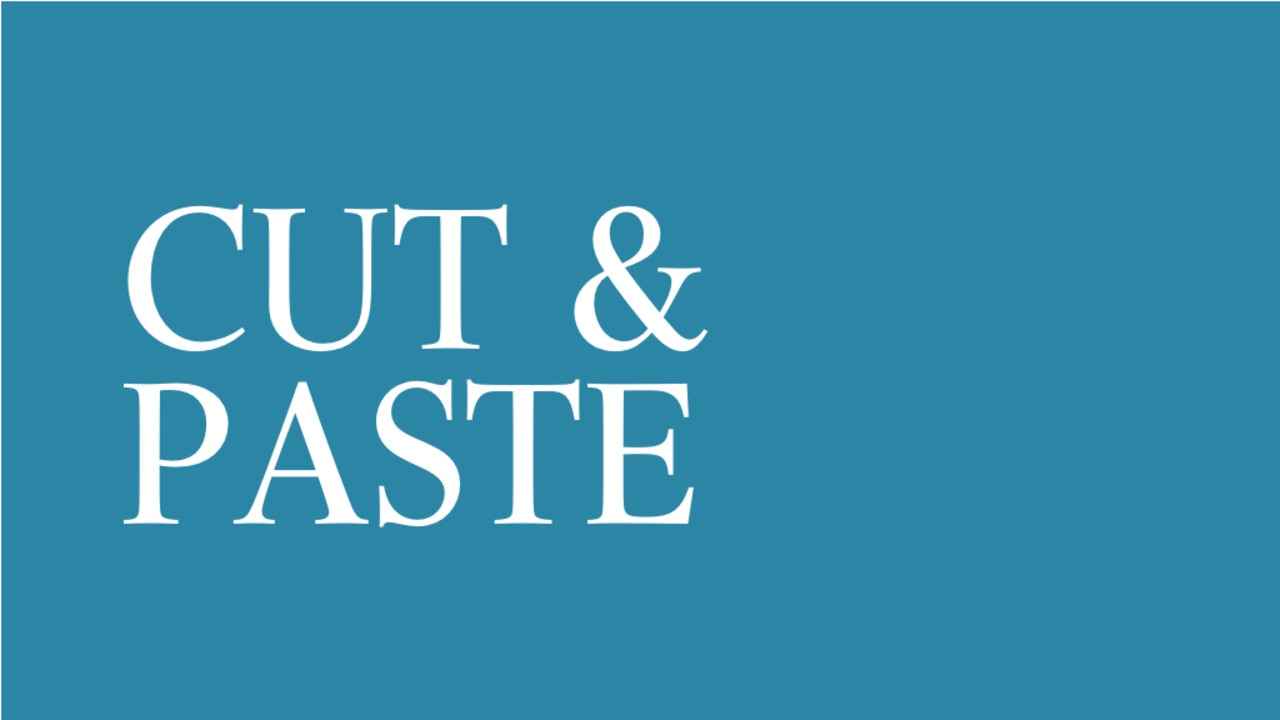Facebook CEO Zuckerberg struggles to explain his views on lying
Australia’s financial regulators are expected to force Facebook to divulge details about plans for a cryptocurrency after the social media giant failed to reassure officials over the threat it posed to national security, banking consumers and investors.
Gone to the dogs, Paul Varga, The Wall Street Journal, October 30:
Facebook co-founder Mark Zuckerberg said in a speech at Georgetown University in the US this month that his social media megacorp and its big-tech peers “have decentralised power by putting it directly into people’s hands”. That sounds comforting … but a lot of people worry these days that they’ve centralised power — around themselves. This has become more obvious since Russian agents used Facebook in an attempt to manipulate the US public in the 2016 election. It’s clearer every time somebody searches about dogs, only to find their feeds inundated with dog food ads.
Lying is bad, apparently, Mark Ritson, The Australian, Monday:
Challenged further about the obvious unfairness of (not fact-checking ads), Zuckerberg countered with a now-infamous reply. “Well, congresswoman, I think lying is bad, and I think if you were to run an ad that had a lie in it, that would be bad.”
Criminal liability? Christopher Carbone, Fox News, Wednesday:
A civil rights organisation has warned Mark Zuckerberg he could face criminal liability under certain laws. The Lawyers’ Committee for Civil Rights Under Law claimed the social network is potentially liable under several state and federal statutes protecting consumers, preventing discrimination and promoting voting rights.
Fourth estate gone? Alan Kohler, The Australian, November 2:
In his speech (at Georgetown University), Mark Zuckerberg came up with the expression “the fifth estate”, as in: “People having the power to express themselves at scale is a new kind of force in the world — a fifth estate alongside the other power structures of society. People no longer have to rely on traditional gatekeepers in politics or media to make their voices heard, and that has important consequences.” Important consequences was something of an understatement.
Flimsy defence, Howard Dean, The Guardian Australia, Tuesday:
Mark Zuckerberg, in refusing to ban false political advertising from his platform, is in effect defending the far right’s approach. Zuckerberg … says he does not believe a platform should regulate political content … Facebook is a private platform, not subject to first amendment protections. Every media platform … has an obligation to try to mitigate lies and propaganda.
Historical precedent, editorial, The New York Sun, Tuesday:
Could Mark Zuckerberg go down in history as the next John Peter Zenger? We ask because of what Associated Press calls the “bipartisan hostility against Facebook” that has “been building for months”. Democrats “especially”, the AP reckons, are homing in on Facebook’s “refusal to fact-check political ads and remove false ones”. That would have brought a grimace of irony from old Zenger. The pesky printer was put on trial back in the day — 1735 — for libelling the governor of New York, William Cosby, whom Zenger accused of corruption. At the time, libel law was the opposite of what it is now. The doctrine then was “the greater the truth, the greater the libel” … The Democrats are up in arms because some of the ads Facebook has run have, they aver, contained falsehoods. Mr Zuckerberg doesn’t want to police the advertising people pay him to publish. This is being ridiculed by the Democratic press, including in a column last week by The New York Times’s Thomas Friedman.


Facebook is a threat to national security, Michael Roddan, The Australian, Wednesday: